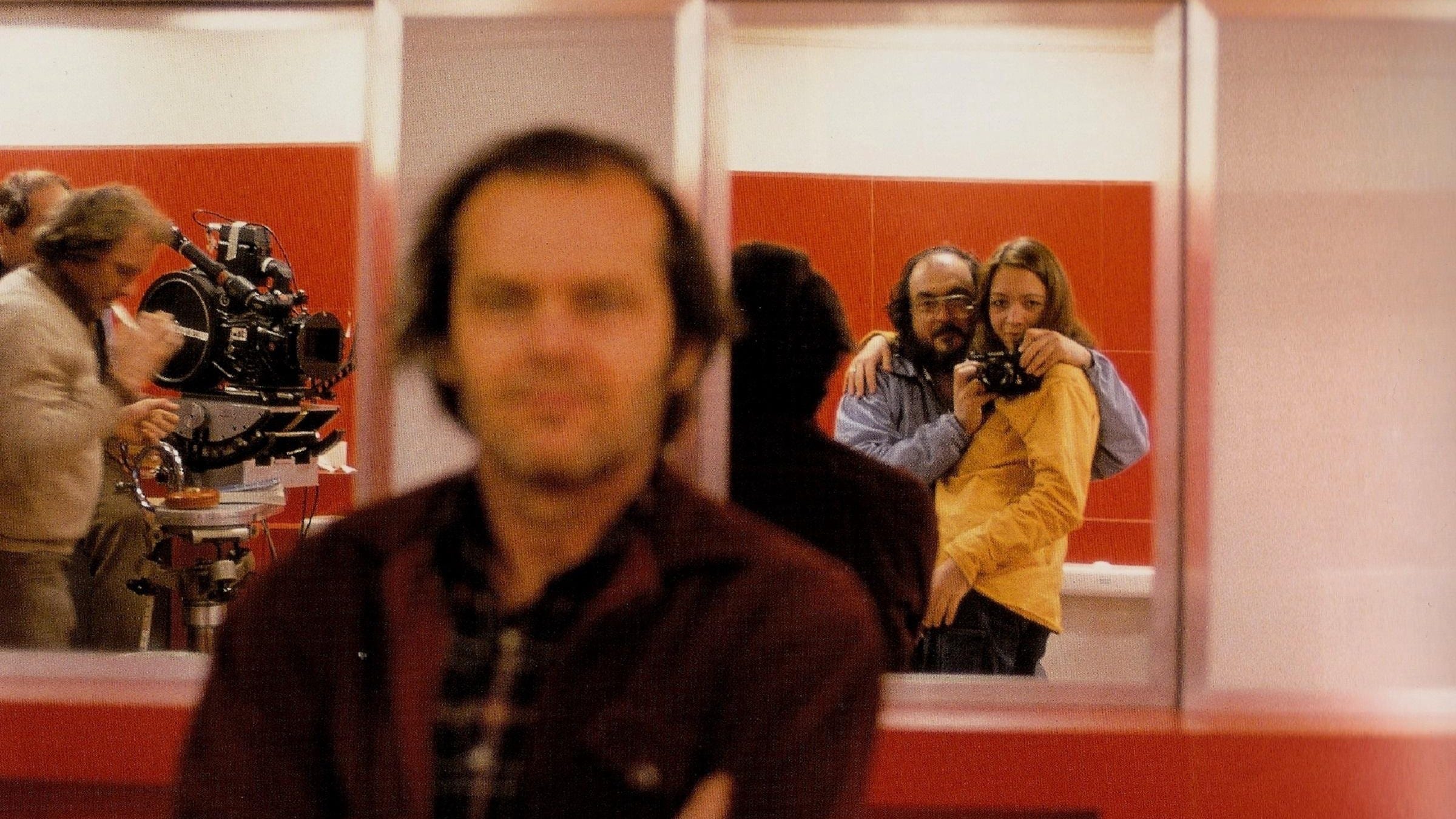A Director is Conjured Back to Life in "How to Explain Your Mental Illness to Stanley Kubrick"
A video essay with deep thoughts and grave conclusions.

Dear Moviegoers,
One message in Philip Jozef Brubaker’s docu-fantasy-essay How to Explain Your Mental Illness to Stanley Kubrick is that artists and filmmakers alike should treat depictions of characters with mental illnesses through a gaze of reality or, rather, average normalcy, as more heightened and violently-crafted performances can and do influence public opinion and misunderstanding. Brubaker’s presentation does have other messages, but this is its more general one. As a fellow critic of media, I prefer the following alternate one: The performances of “disturbed” individuals in cinema may not have started with famed director Stanley Kubrick, but certainly have become “Kubrickian,” both in front of and behind the camera. In other words (my interpretation) we’re all living within the master filmmaker’s vision, and we’re all on the precipice of cracking and breaking in the biggest and most dangerous of ways.
Kubrick’s vision, of course, is a fanciful lie.
Right?
Brubaker’s film essay, which was made during a bi-polar disorder relapse (and perhaps directly inspired by that incident) is a collage of non-linear chapters and sporadic deviations from its main theme, all told with footage from Stanley Kubrick’s famous and lesser-known works, with Brubaker and friends behind the scenes during the making of this very movie, and with conversations that Brubaker has with Kubrick himself, through archival footage and audio recording and even a friend that he casts as the director. Seated on either side of a couch, sometimes enjoying popcorn and sometimes tossing the contents around in fits of frustration and expression, both filmmakers watch and comment on various segments from his project. Brubaker will talk longer than his casted idea of Kubrick, who has been written as a short-speaking figure of intimidation with sure-footed assurance in his own knowledge. Still, Brubaker presses on, matching his version of Kubrick by turning past recordings against the director to humorous effect, making his case on his own terms.
There are many clips of Kubrick characters like Jack Torrance and Private Leonard Lawrence, particularly when they’re raging and rampaging. In the case of Lawrence, Brubaker juxtaposes the role often with news footage of real-life mass shooters and January 6th insurrectionists, building cases for/against what is covered in news media and who gets to be considered a “victim” with mental health issues and who is labeled a monster. Provocative and on point in more ways than expected, How to Explain Your Mental Illness to Stanley Kubrick digs and digs at ugly consensus and brings out human individualism in a well-expressed feat.
Brubaker draws upon his personal life too, like how Kubrick’s films navigated him towards filmmaking and concerned him about the representation of those who are mentally ill in media. Home movies, private photographs, and intimate stories of trauma and rebirth come and go, as though he himself becomes stressed and exhausted to the point of switching back to classic cinema for a breather. His film feels very alive, even on second viewing. This isn’t what Francis Ford Coppola refers to as “live cinema,” but it sure feels as if it’s being made moment to moment in real-time. Point out a minute of meandering, and I’ll point out a minute in motion - one that’s like chatting with a close friend on an overnight hangout.
The conclusions that Brubaker comes to both reinforce his thesis and reconsiders it. His version of Kubrick, before returning to an other-worldly state, offers some final wisdom that appears to upend the essay on the surface, but really emboldens it within the soil. The main push for better, more interesting, and more challenging treatment of those with mental illness in film remains intact, but so does an opposing point that can live side-by-side for Brubaker: These are just movies. It’s a simple explanation, but also effective. Brubaker goes on to not just expand on it and toss out the dismissal of it as an “excuse” from accountability, but he also finds a way to shrink it all down to his own past and present health, in what I can best describe as the most impressively bold move that I’ve seen in independent film this year, so far.
A fanciful lie, Kubrick’s vision was? Of course and no. The story of cinema, right? 4/5
How to Explain Your Mental Illness to Stanley Kubrick is currently on the festival circuit, having recently played during Mental Filmness.



